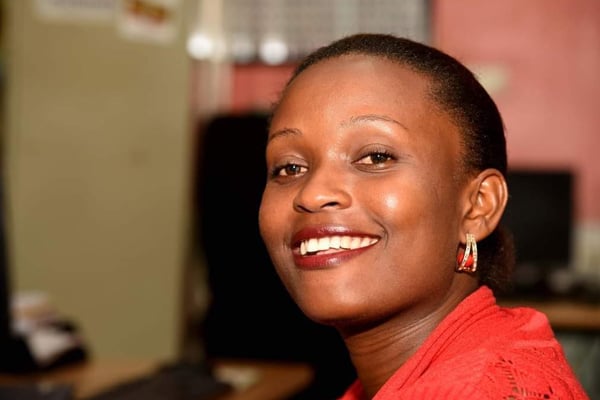Money matters: Take advantage of your youthful years

Vivian Agaba
What you need to know:
“ Imagine if you did keep for yourself one-tenth of all you earn, how much would you have after 10 years?"
Last month, I read a story online in which the then Government Chief Whip, now new deputy Speaker of Parliament , Thomas Tayebwa, was advising students from various educational institutions to start savings groups.
Many successful business people world over live by this rule; “Don’t save what is left after spending; spend what is left after saving.”
When I saw the headline of the story, I was captivated to read it. I remember telling myself; how I wish I had this advice when I was still at the university, or earlier on in life, I would have started saving earlier than I did.
I don’t remember studying anything about money management or investment in any learning institutions. And because there is knowledge gap in financial literacy in our learning institutions, and in most homes, most young people learn to manage their money through trial and error.
To inculcate the culture of saving and investment, there needs to be deliberate efforts targeting young people starting in primary schools so that they learn early on in life about different aspects of financial literacy; personal growth as well as economic growth.
Early savings and investments have different associated benefits. If a person starts saving in their 20s, they have an advantage of compound interest.
According to financial experts, compound interest is what happens when the interest you earn on savings begins to earn interest on itself. As interest grows, it begins accumulating more rapidly and builds at an exponential pace.
Learning to save when someone is still earning less, makes it easier for them to save more when they begin earning more. It also builds one’s confidence and trust to handle their money and also lessens financial stress in case of unexpected job loss. It also prepares an individual for future success.
In the book, the The Richest Man in Babylon, George S. Clason while sharing the success secrets of the ancients - on wealth - says: “…wealth, like a tree grows from a tiny seed. The first copper you saved is the seed from which your tree of wealth shall grow.”
The sooner you plant the seed, the sooner shall the tree grow. And the more faithfully you nourish and water that tree with consistent savings, the sooner you may relax in contentment beneath its shade. Imagine if you did keep for yourself one-tenth of all you earn, how much would you have after 10 years?
Are you a student and want to start saving? Get a group of friends, form a savings group, agree how much to save either weekly or monthly. Open up a joint bank account, or get a trusted member to keep your monies. Have a goal for which you are saving the money for, otherwise without a serious reason, the saving’s group is likely to collapse. For graduates who have found jobs after school, please join saving schemes at your places of work. Most of these schemes allow you save any amount of money you are comfortable with.
Also acquire more financial literacy, put into practice what you learn and read. You will thank yourself later.
On the other hand, institutions of learning should seriously start teaching finance related topics extensively. But this is a topic of discussion for another day.
NB: I am not a financial expert, I am writing from my personal experiences, and the knowledge I have acquired from reading/listening to financial related resources.
The writer is a journalist, and consultant writer/editor


